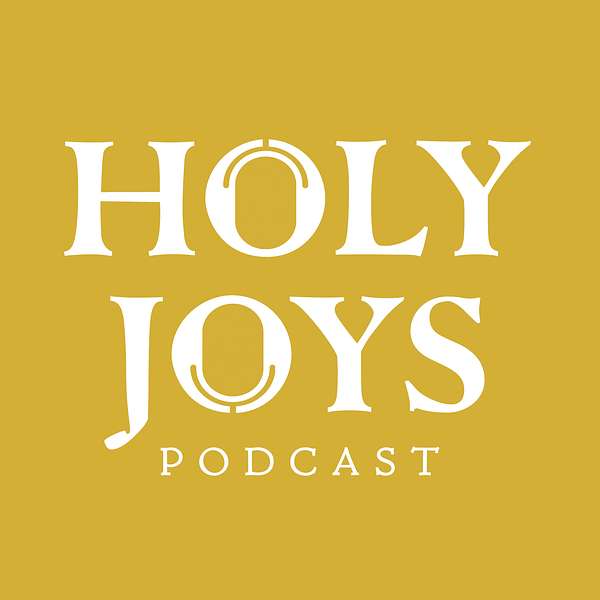
Holy Joys Podcast
A discussion of theology and ministry practice, all for a holy, happy church. A ministry of holyjoys.org.
Holy Joys Podcast
The Pulpit Ministry of the Pastor-Theologian
•
Johnathan Arnold
In this episode, Johnathan Arnold and David Fry continue discussing the pastor as theologian.
Quotes from Fry:
- I want to challenge all of us to recommit ourselves to pulpit ministry—the preaching ministry of the shepherd. We are to feed our congregation with the truth of God.
- We are not going to grow personally, spiritually, or theologically by putting in the minimum study time—giving attention to everything else and just squeezing out the time we ought to be growing.
- Pastors, we must be growing ourselves if we expect our church to be maturing in Christ.
- The maturation we are after is opposed to get-big-quick schemes and methods. It requires long, slow, steady growth. It doesn't guarantee that we're going to go from a church of 50 to 500 in three to five years. But it does guarantee that we are going to shepherd people who are growing and in turn will shepherd others.
- We need to allow Christ to build his church his way rather than our own way. There are a lot of innovative ways to increase numbers, and it doesn't take a lot of skill to do those things, but it does take dedication and study to help people grow spiritually and mature in their Christian faith. As pastors, we cannot get sucked into this mentality of being a CEO who is tasked by our shareholders to grow as quickly as we can.
- Theologizing isn't just bringing up old dead people and reciting what they said. It is, this is why it matters to us who are alive today—this is what it means in what we actually face day in and day out.
- We need to be preaching about modesty because it is an opportunity to address a very important cultural issue from a deeply biblical and theological framework.
- The teenagers at our church really latch on to the theological rationale. They're convinced that immodesty is a serious issue. They cannot allow themselves to be immodest lest they live cross-way to what they believe about Christ, sin, and atonement.
- We need to know why we're doing what we're doing. Doing and believing is a connection that pastor-theologians must help people to make.
Quotes from Arnold:
- Pastors probably need to read the Bible more than they do. I know your practice is to read the entire Bible every 100 days. But we also need better reading habits. If we're not equipped with how to read the Bible, we'll have a tendency to skim until we find the verse that we're already familiar with or that "stands out to us." We must invest in our exegetical abilities, read the best commentaries, and take advantage of historical theology—read the Bible with the communion of the saints.
- If someone sits under our pulpit ministry for 15 years, what are they going to know? I think that answer is pretty embarrassing sometimes. In Bible college, I heard things like, "Bible college is a place where you can learn why you believe what you believe." I thought that was the church. What is a pastor even doing?
- Pastors ought to be modeling how to think through challenging questions.
- Someone recently asked me why it's important to dress modestly. What am I going to do in this moment? I'm going to give him a biblical theology of modesty. And when I was theologizing in that moment, I was pastoring.
- I want people to walk away from a conversation about an issue like modesty—not thinking about the standards of a particular faith tradition, or about me, or about John Wesley, or about what we've always done, or even about our culture and how bad it is—but first and foremost about Jesus. I want them to think, clothing is about Christ. Because it is. If we start there, that's a very healthy context for discussing the particulars.
- We have incredible opportunities to bridge from the cultural issues that people are facing to Jesus and the gospel—to give a theologically robust, Christ-cen

